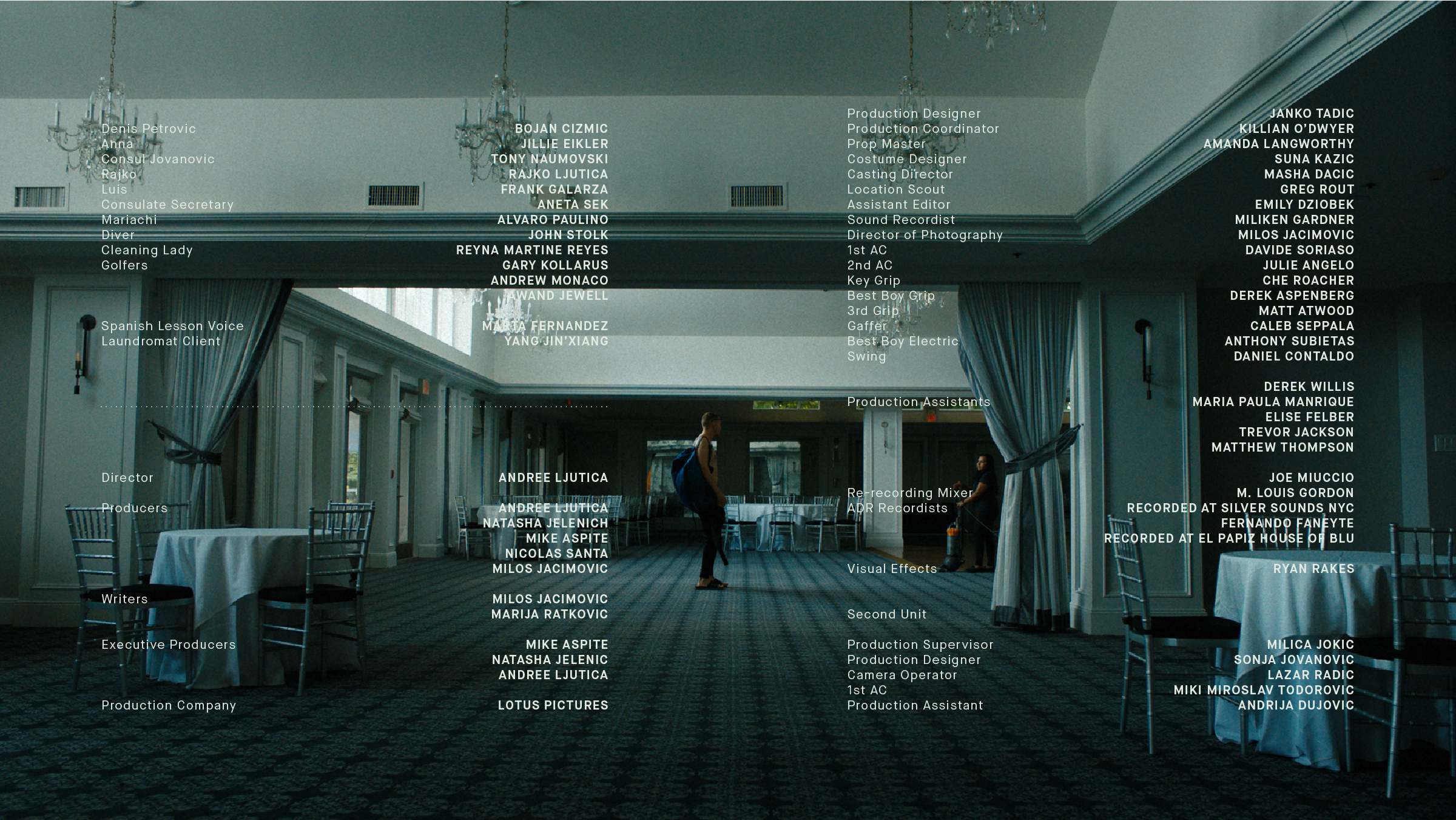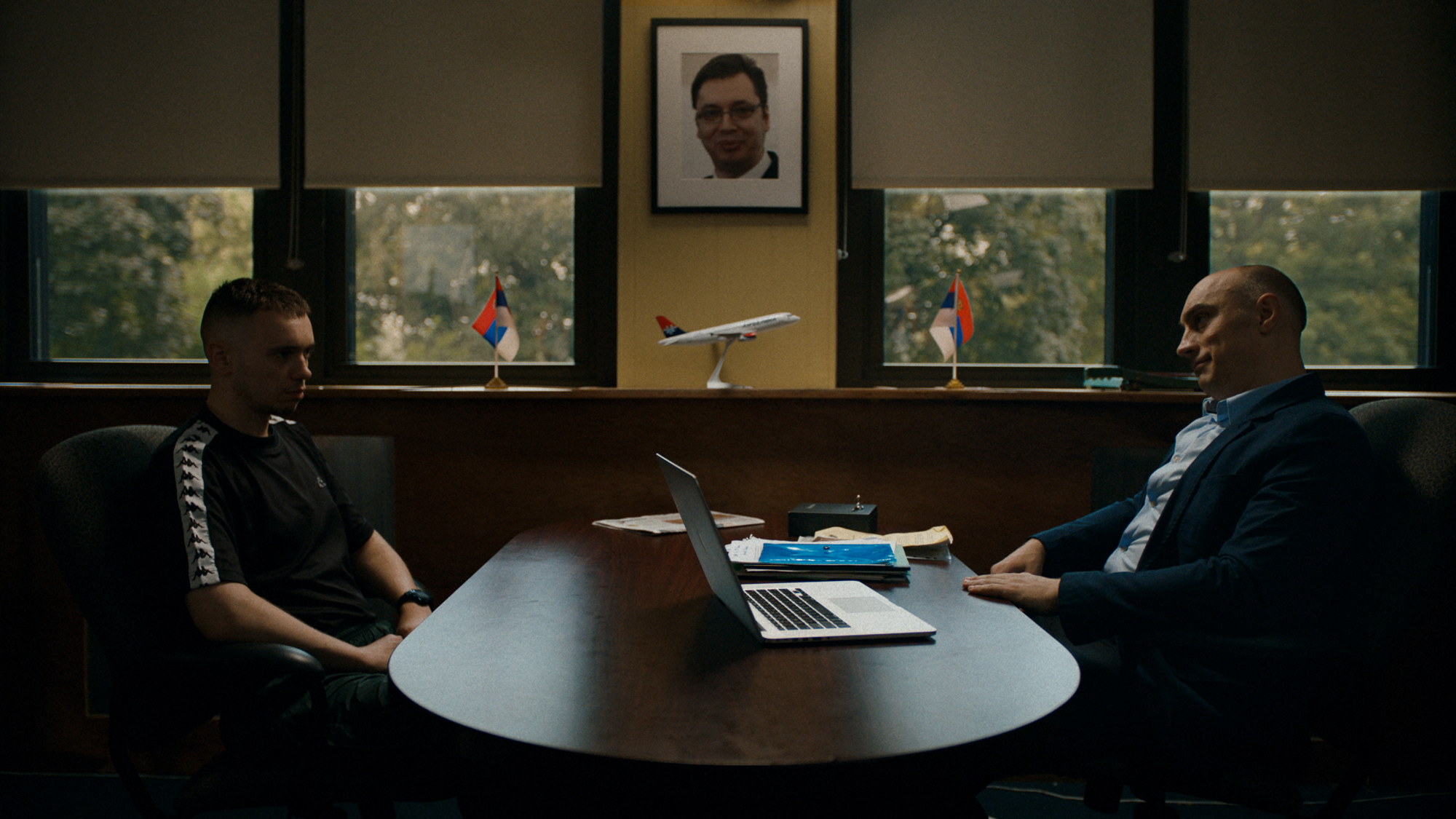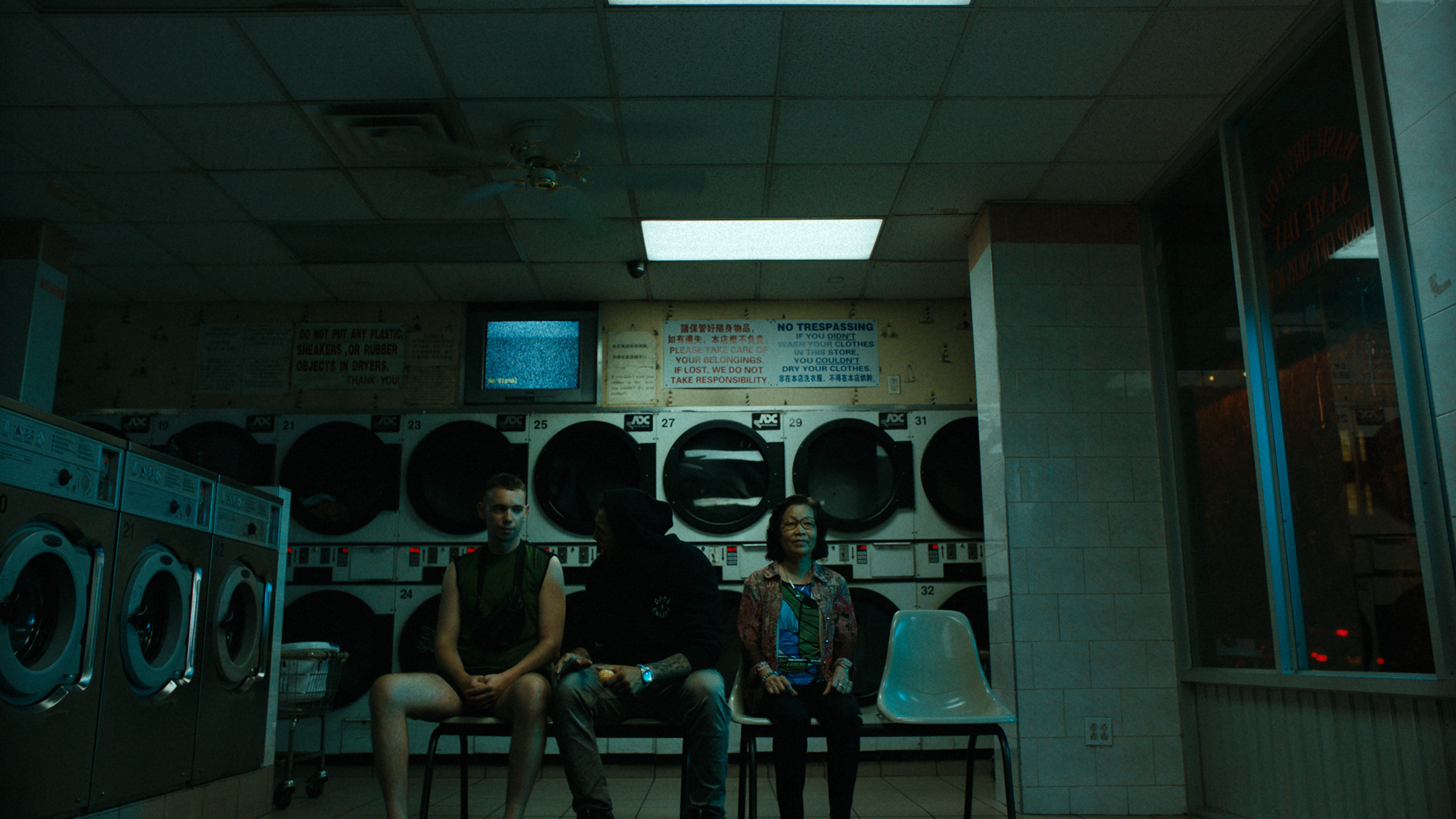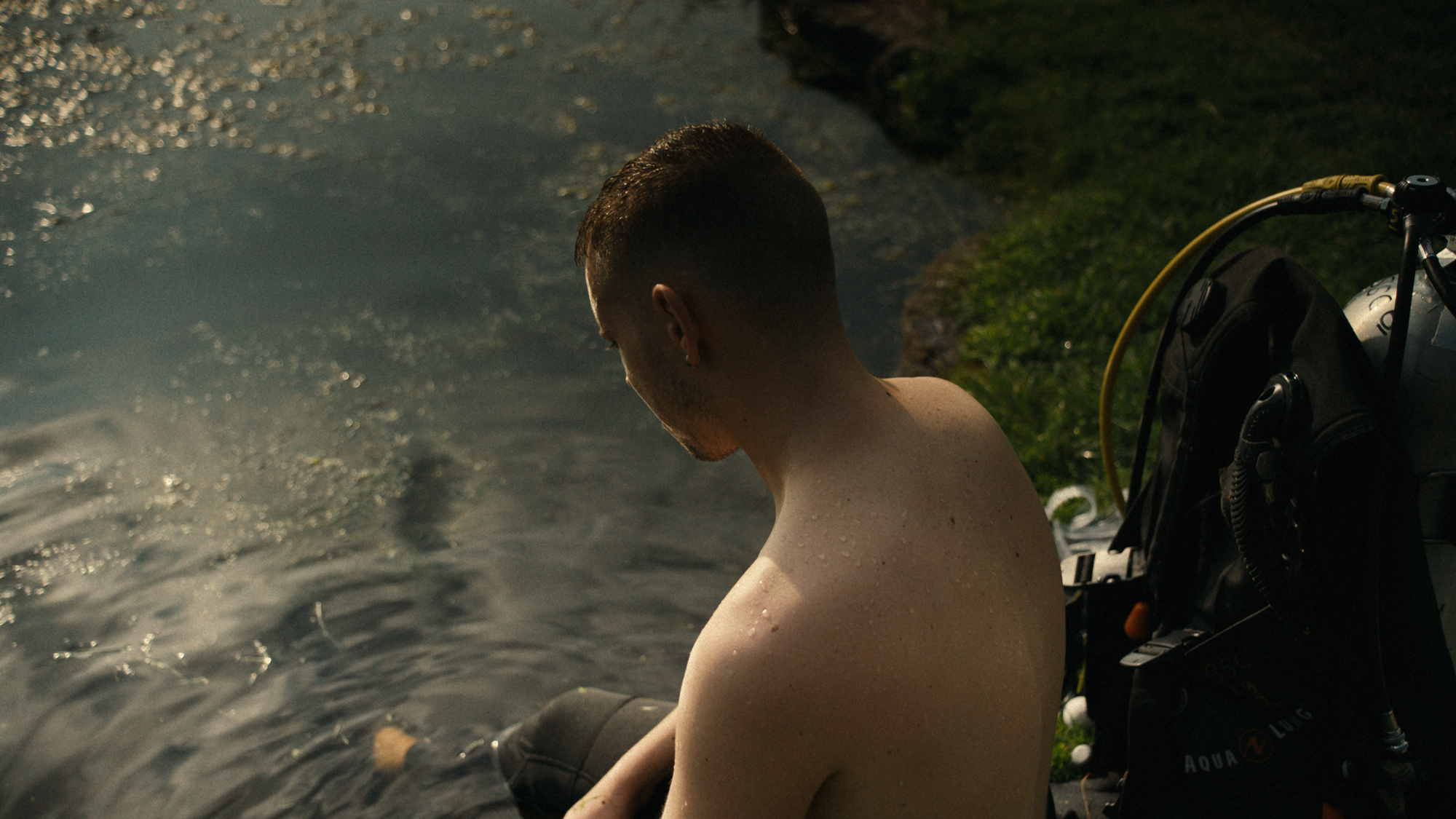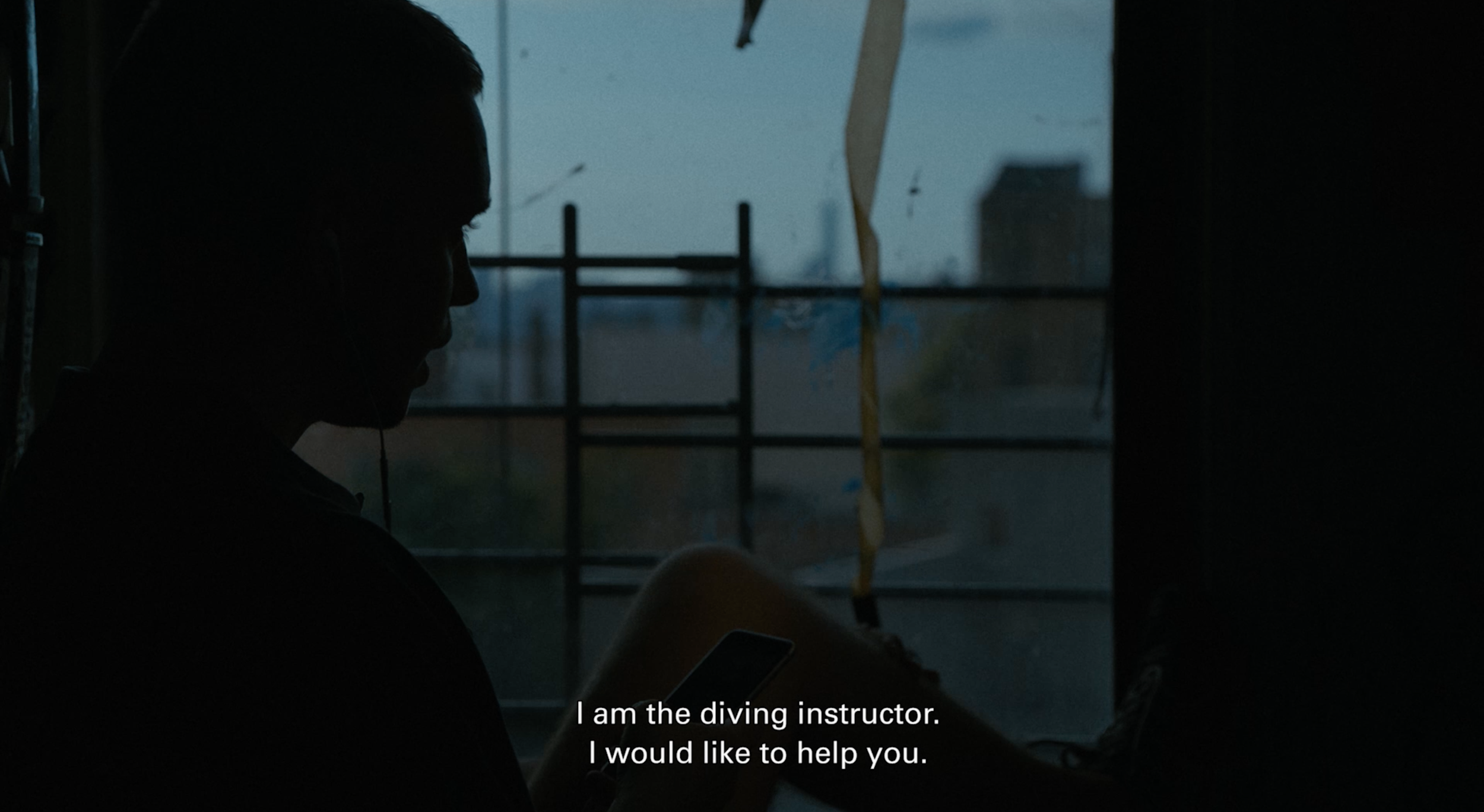A 15-minute existential tragicomedy directed by Andree Ljutica, Punta Cana follows Denis, a young Serbian immigrant working illegally as a golf ball diver at a New York country club. Dreaming of opening a diving academy in the Dominican Republic, Denis plans to leave his current life behind. Set in New York City and performed primarily in Serbian with English subtitles, the film explores the emotional struggles, absurdities, and identity conflicts that arise when one leaves home to start anew. Punta Cana premiered at the Palm Springs International ShortFest and was an official selection at the Guanajuato International Film Festival, Sarasota Film Festival, and Brooklyn Film Festival.
“Punta Cana”
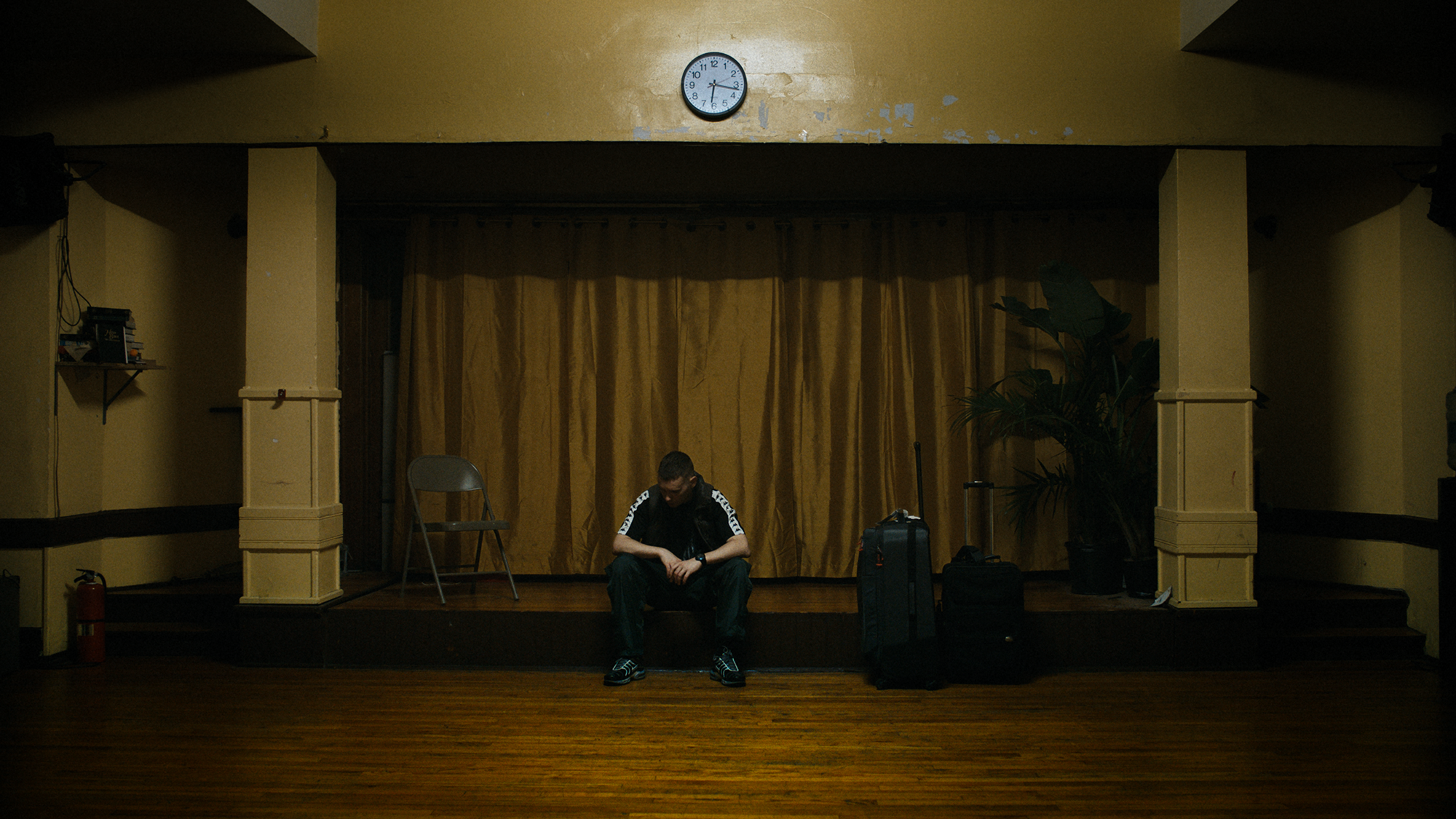
In an era saturated with outrage cycles, political spectacle, and algorithmic opinion, moral clarity has become slippery terrain. Narratives flatten. The immigrant story—central to the American experiment—is so routinely instrumentalized by policy, media, and ideology that its core humanity is often erased. Punta Cana emerged from a desire to reclaim that story from abstraction, to reassert the emotional texture and specificity of a single life in flux.
Denis, the film’s protagonist, is not a symbol. He’s a young man suspended between ambition and resignation, chasing a dream—perhaps a delusion—of opening a diving academy in the Dominican Republic. He retrieves golf balls from a murky pond at a country club, living on the margins of a city mythologized for its promise. What unfolds is not a political parable, but a modest, absurd, deeply personal reckoning with place, identity, and fantasy.
As a first-generation American, I wasn’t interested in romanticizing New York or conforming to TV tropes of immigration narratives. Punta Cana leans into the quiet surrealism of daily life—the comedy of displacement, the poetry of repetition, the psychic tension between staying and going. The film is structured as a departure story, but more than anything, it is a meditation on that in-between state: the moment before a decision calcifies into consequence.
While Denis’s struggle is born from the complexities of immigration, the film resists policy-driven storytelling. His condition—linguistic, emotional, legal—is meant to reflect something broader and more existential: the precarity of becoming, the solitude of reinvention. To me, Punta Cana is about the burden and beauty of uncertainty, about the absurd courage it takes to pursue a private vision in a world that doesn’t ask for one.
Made with a crew and cast composed largely of immigrants, Punta Cana is both a reflection of and testament to cross-cultural collaboration. It gave me the chance to discover my own background through the lens of another’s, and in doing so, to tell a story not of arrival, but of passage—unresolved, imperfect, real.
